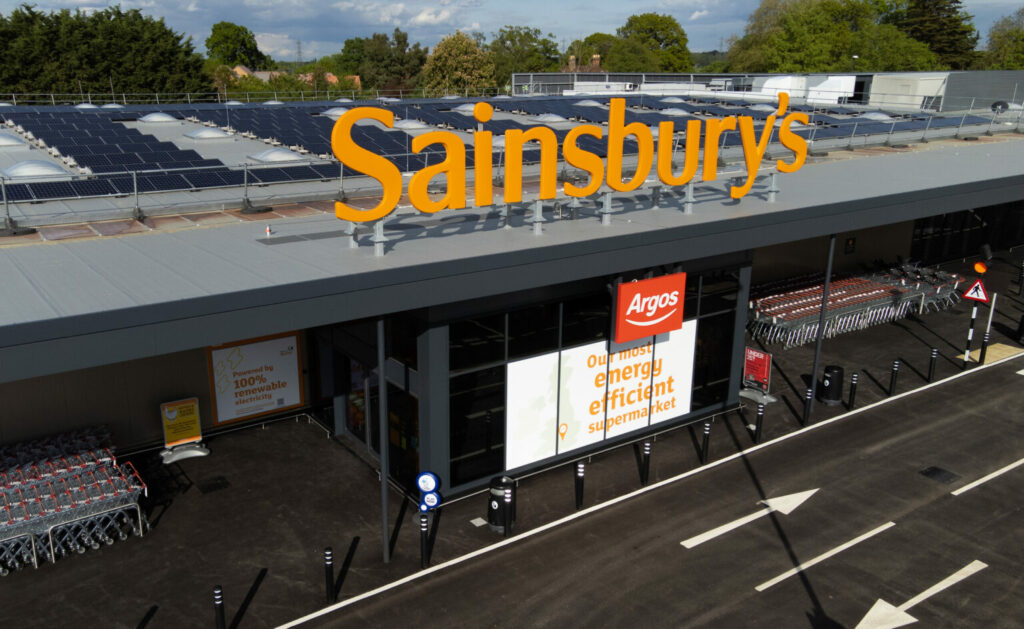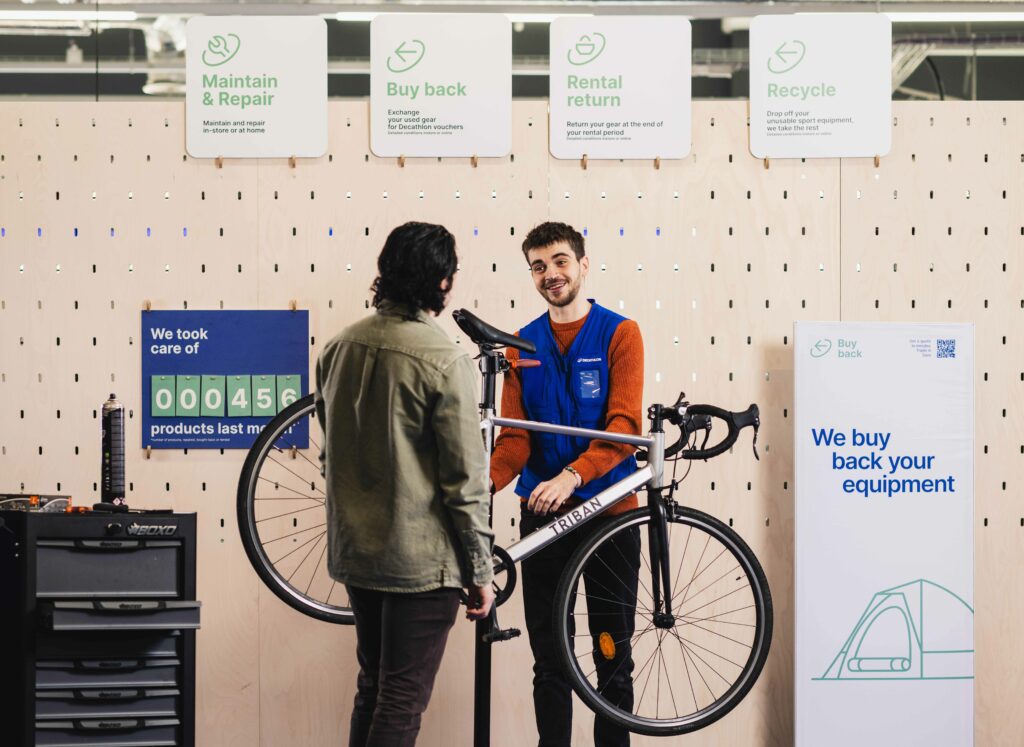Grocery giant Tesco has reported a fall in like-for-like (LFL) sales across its international operations as well as in its domestic market in its first quarter as UK LFLs fell one per cent, figures released today reveal.
In the UK, total sales excluding petrol grew by one per cent in the 13 weeks ending May 25th 2013 while group sales increased 1.8 per cent.
All food categories saw a “positive and improving” LFL performance with the exception of frozen and chilled convenience foods which were hit by the horsemeat scandal earlier this year, and Research Director at analyst firm Conlumino Matt Piner believes that this has had a far-reaching effect on the business.
“The horsemeat furore has undoubtedly played a significant role in derailing the improving trend, just as the business was starting to once more gather momentum.
“Despite only having a small number of affected products, the retailer was very much at the centre of the negative fallout from the scandal.
“Whereas Sainsbury‘s and Morrisons were able to spin the episode into a positive, highlighting their product quality and supply chain transparency, for Tesco it merely raised some awkward questions and damaged shopper perceptions of the Tesco brand.
“Indeed, this is reflected in the performance of Tesco‘s food categories, where a positive and improving LFL trend was achieved in all food categories bar frozen and chilled convenience foods – in other words, those most associated with the horsemeat contamination.
“Although the retailer has now taken significant steps to address this, consumer trust is of course much harder to re-build than it is to lose.”
Meanwhile, non-food LFLs saw a drag which was “more significant” in Q1 than in the final quarter of 2012.
In a statement, Tesco said: “This drag continues to be driven by our disproportionate exposure to consumer electronics and, increasingly, by the consequences of implementing our accelerating general merchandise strategy, as we shift our business from low-margin, low-growth categories to higher-margin, higher-growth categories.
“We are working towards our first relaunch of a new core range of general merchandise in our smaller format stores within the coming months and this will be followed by more extensive repurposing of general merchandise and electrical space in our larger stores starting later in the year, following promising results from our initial trials.”
Clothing performed strongly over the period thanks to news last month that Tesco‘s own brand F&F is expanding overseas into central Asia and the Middle East.
However, LFL sales across Asia declined by 3.8 per cent as a result of regulatory restrictions on opening hours in Korea, though the supermarket noted that its performance in the country has improved over the period despite remaining negative.
Across its European operations, Tesco saw a LFL fall of 5.5 per cent while total sales decreased by three per cent at constant rates and the chain blamed ongoing consumer caution for the decline.
“In all markets, consumers continue to exercise caution in their shopping habits, as they face the direct impact of a variety of austerity measures linked to the tough economic environment,” the retailer noted.
In April, Tesco announced its intention to exit the US as its Fresh & Easy proposition failed to prove profitable and today it confirmed that the leaving process remains on track.
Online grocery sales continue to outperform the market as the retailer continues to build on its product and customer service offers while rolling out its Click & Collect grocery option across drive-through locations in the UK.
Philip Clarke, Tesco‘s CEO, noted that the grocer is working towards its objectives to build trust and strengthen its of
RELATED STORIES

















